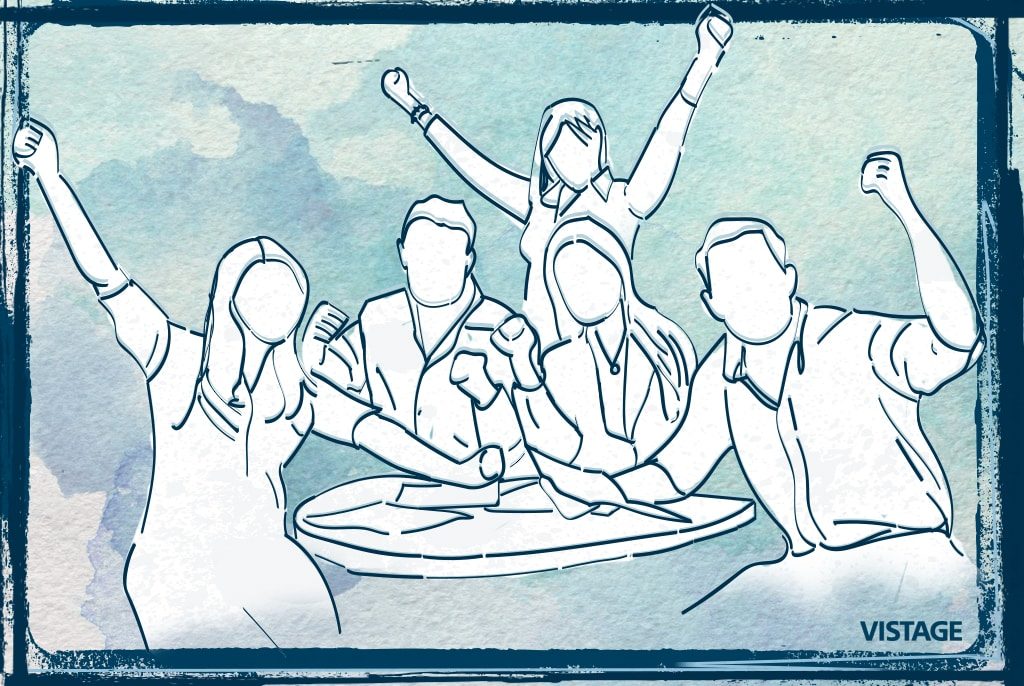Trust: The Key Ingredient for a Group to Become a Team

 In a USA Today article entitled, “On The Job: Teams better in concept than practice,” author Anita Bruzzese cited a University of Phoenix study that found that 95% of interviewees say teams serve an important purpose but only 24% prefer to work that way. Also, the study found that 7 of 10 say they have been part of a dysfunctional team.
In a USA Today article entitled, “On The Job: Teams better in concept than practice,” author Anita Bruzzese cited a University of Phoenix study that found that 95% of interviewees say teams serve an important purpose but only 24% prefer to work that way. Also, the study found that 7 of 10 say they have been part of a dysfunctional team.
Mutual trust, respect and safety are fundamental to beginning to build productive interactions on teams. Without trust, there is no real sense of safety and without safety, group members will not take risks or share openly – both essential for a group to function as a high performance team.
In a recent presentation at Vistage’s International Member and Chair Conference: “Think Big,” Stephen Covey Jr. offered what he called “Three Big Ideas:”
1) Trust is an economic driver, not merely a social virtue
2) Trust is the #1 competency of leadership needed today
3) Trust is a learnable competency
He further pointed out that trust is a function of credibility and competence, (meaning behavior), and that both make up the basis for sustainability. According to Covey, the highest leveraged behaviors for creating trust are:
1) Talk straight – otherwise you are “counterfeit” which = spin, posture, and lying
2) Listen first – with intent to understand – don’t just listen in order to reply
3) Give trust – otherwise you are counterfeit by withholding trust while expecting it
So if only 24% prefer to work in teams and only 25% have not been on dysfunctional teams, then most of the people working together in organizations are at best groups and certainly not teams. How can leaders improve these dismal statistics?
First, take a hard look at yourself.
1) Do you believe that trust has to be earned? Think about it. That is a game others can’t win because you hold all the cards. How has it been working for you? Are you willing to shift your paradigm by taking a risk and granting trust to others? This is what Covey says is one of the most important things to do.
2) Get an outside assessment and establish a baseline for where your groups stand as of now. Is trust available in parts of your organization or only at some levels? Where is it missing? What is preventing it from being present? How do you know? If trust is not present it is likely not safe to express that openly. An outside consultant, coach or other organizational development professional is more likely to get at the real answers.
3) Meet with your people, make yourself vulnerable and promise safety. Take the first risk and then invite your team members to share honestly about their experience working in your group or firm. Show them that you can be trusted with their honesty. Approach the conversation with a, “listen newly and be slow to understand,” approach.
The greater the trust in your organization the more likelihood you will have a high functioning team and not just a group.
Category: Leadership Competencies
Tags: Leadership, Stephen Covey Jr., team, Think Big

